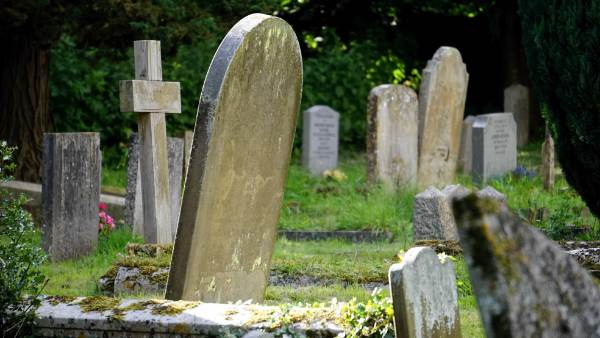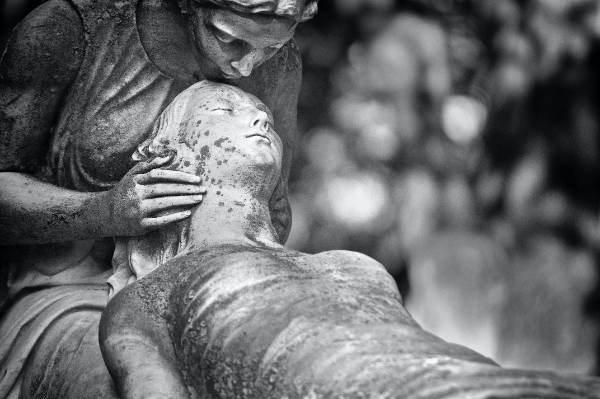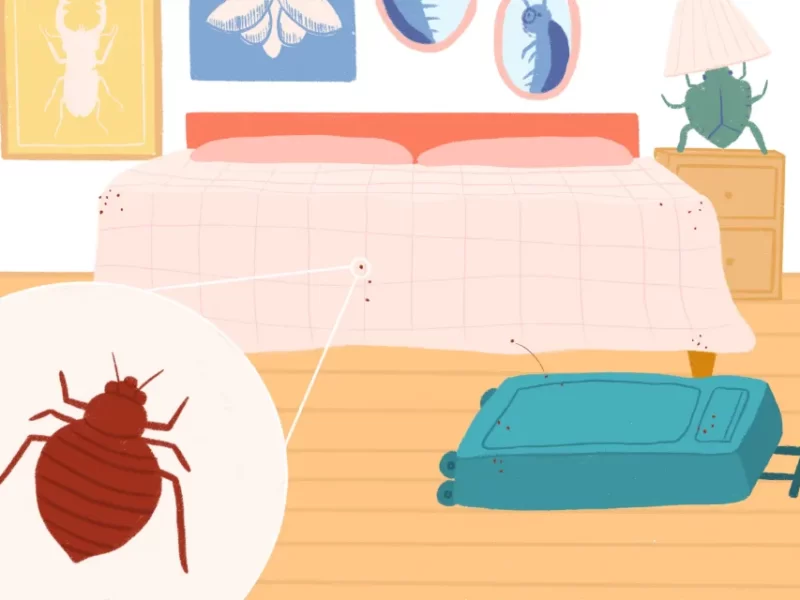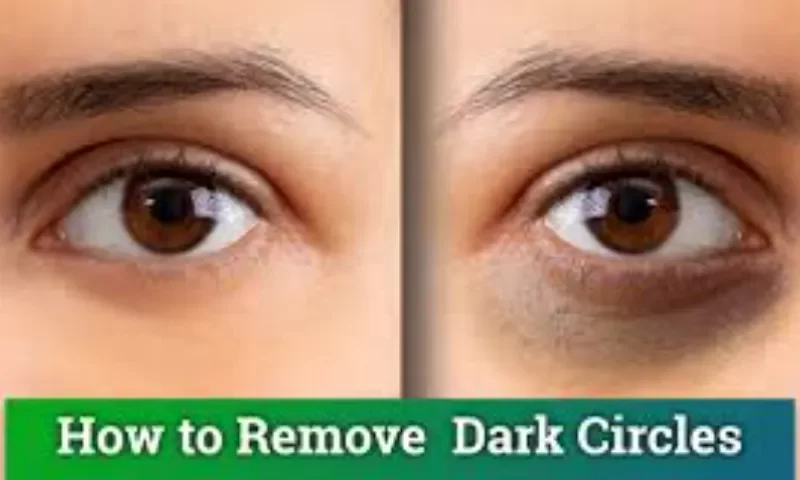All of a person’s vital functions end when they pass away, permanently and unavoidably. Have you ever considered what will happen to your body when you pass away? While passing away and pooping may seem odd, there are many other strange things that can happen. And when they pass away, do people poop? They might. Try to decipher why people poop after passing away by reading this article.
Death
A person’s life ends with death, which is regarded as the soul’s permanent separation from the body and the outside world. Some people consider death to be the greatest release from the troubles and sufferings of this world.
Many cultures view death as a holy passageway to the place the deceased belongs, i.e. The afterlife is thought to be the existence of the deceased after passing away in a parallel universe.
Numerous theories exist regarding the meaning of death, but they all share the same element, i.e., the belief in the deceased acquiring eternal peace.
Do You Poop When You Die
Do you poop when you die is one of the most frequently asked questions. When someone dies, their body goes through many changes. It’s crucial to understand that all of these processes are perfectly normal and clear.
When the muscles that control excretion begin to relax, a dead body may release stool. It’s possible for stool or urine to leak out of the body as the muscles relax. Do you poop when you die? can now be answered by: Yes, you might.
Does Pooping Happen Immediately
We frequently assume that urinating or peeing will occur simultaneously with death. People may lose control of their bowels while they are still alive or just before they pass away if they undergo trauma, which is frequently experienced in combat. This is normal.
However, the body won’t immediately urinate in cases of natural death, like old age. Each organ in the body gradually turns off during the slow process. Yes, the different components of our bodies age at varying rates.
The heart stops first, followed by breathing and blood circulation. The lack of blood and oxygen causes the brain to then shut down. After 12 hours, the muscles can still spasm, and when they do, we lose control of our sphincter, which allows some solid waste to leak out of the anus.
The amount of urine that leaks depends on how full the bladder was at the time of death. The bladder relaxes, allowing urine to escape the body.

Will All Food And Urine Flush Out Of Body System
What happens to the remaining urine and feces if only a small amount of them leak out of your body when you die?
An aspirator will be inserted into the abdomen at the funeral home and used to remove all liquid and waste. Although it’s unpleasant to consider, it’s reality and the only way to keep the body from decomposing and smelling bad.
Who Has To Clean Up Your Poop After Dying
Where the person dies will determine this. The homeowner must clean the sheets and mattress if a death occurs in a bed at home, though there might not be much to clean up if the body was discovered quickly after passing away.
The nurses will clean up the sheets if the death occurs in a hospital, and many people will clean up the scene if the death occurs in an accident.
The mortuary will handle the body and drain the body of all liquid in the majority of natural deaths.
What Happens To The Body After Death
After you pass away, your body goes through a number of changes as it adapts to its new situation. In a matter of days, these changes happen quickly.
- Your muscles relax. Immediately after death, your muscles relax, relieving any pressure on your bowels and bladder. Because of this, most people poop and pee when they pass away. Additionally, if your skin is sagging, it will be simpler to see the underbone structure.
- Your body temperature falls. Your body temperature drops by roughly 1.5 degrees Fahrenheit (-16.9444 degrees Celsius) per hour. Your internal temperature will eventually equal that of your environment.
- Your blood is drawn downward. Your blood is pulled toward the Earth by gravity downward. In the areas where blood collects, your skin may appear purplish-red.
- Your body stiffens. Initially, the face and neck areas of your body become stiff. The stiffening gradually spreads from the center of your body to your arms, legs, fingers, and finally, toes.
- Your body starts to relax once more. Your body’s tissue begins to degrade a few days after death, which causes the stiff areas to relax once more.
Does Dying Hurt
According to the circumstances, pain can be a part of both life and death. You may feel a variety of pain sensations in death, just like you experience various types of pain in life (ranging from the type of pain to how intense it feels).
Whether you have access to painkillers and what caused your death are two important factors. Consider the possibility that you could pass away suddenly with no pain at all.
In their final moments, bodies frequently struggle to survive. Without medication, the survival instinct that our bodies are programmed with can feel painful. For instance, a body that is losing a life-threatening amount of blood will automatically direct the scarce blood supply to vital organs.
Your arms and legs may hurt as a result of this reaction, which keeps these organs functioning. Medical professionals are trained to try to save your life and lessen your pain in emergency situations like this.
Conclusion
It’s not fun to write an article about death. All of us go through the natural process of dying. If you’re worried about passing poop and urine after death, it’s not as bad as you might think.



